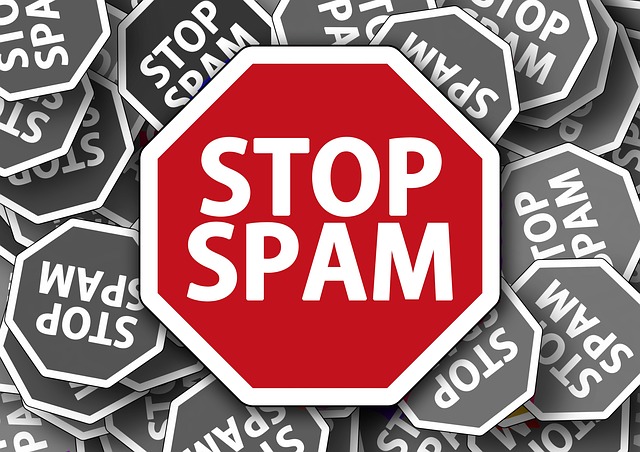I broadcast live on Twitter a few moments ago.
Someone asked me if I did affiliate marketing. But the topic of the video was: “You always have the opportunity to help people.”
I spoke about seizing opportunities to help people for roughly 5 minutes before the Tweeter asked me an affiliate marketing question. I did not once talk about affiliate marketing. Plus the video topic was seizing opportunities to generously help people through content on a variety of platforms.
What did I do?
I appreciate his engagement, but I saw the question as spam and ignored the question and all future engagements from the individual because he commented off topic. I know he may not have intended to spam comment but the comment was spam because any comment not aligned with the blog post or video topic is spam.
What is SPAM to you?
Being a pro blogger, you will need to widen your definition of what you deem to be spam because a high volume of comments find your blog, guest posts and social media creations. Sifting through this high volume is critical because unless you have a filtering mechanism in place, you will be overrun by off topic comments from well-meaning but spamming readers.
Just because you do not mean to spam doesn’t make a spam comment not a spam comment. Every blogger who goes pro needs to widen their definition of spam from the traditional, ridiculous off topic comment promoting a business or service to something broader, encompassing any topic totally unaligned with the blog post or video title and the actual content discussed.
I never once mentioned the phrase or words “affiliate marketing” in the video so any comment or question related to affiliate marketing is spam, because it is off topic and wastes the time of people who tuned in to watch a video titled “You always have the opportunity to help people.”
Sure I would likely have answered the question if I mentioned affiliate marketing in the video because noting the words technically makes the comment-question on topic. But I never noted the topic and spoke about generously creating content so I need to ignore the comment and all future comments, because almost every time, first comment spammers go down a non-aligned, spammy path with all future comments.
Almost every time, someone asking the affiliate marketing question either tries to pitch his affiliate marketing opportunity or shares their affiliate marketing problems with me. Why? I never mentioned affiliate marketing in the title or video? Go ask an affiliate marketer your question.
Do a hashtag search and find videos aligned with affiliate marketing and bring your problems to those folks. My title and content is only about seizing opportunities to help people so only ask questions or make comments about seizing opportunities to help people. Everything else is spam, whether you intend to spam or intend not to spam.
Allow this rule to apply to blog comments, too. Imagine writing a post about how to craft compelling blog post titles. Envision never mentioning the phrase “affiliate marketing” even once in the blog post. How should you respond to a comment: “Are you into affiliate marketing?”
I deem this question spam because the comment has nothing to do with the blog post title and the actual content in the blog post. We pro bloggers need to broaden our definition because if we paid attention to and answered all off topic comments we would literally run out of time and have no life offline.
eBook
A fair number of annoying strategies genuinely kill your chances of succeeding with blogging, like spamming, and the like.
Buy my eBook to pinpoint and release these common blogging errors:

Comments are closed.